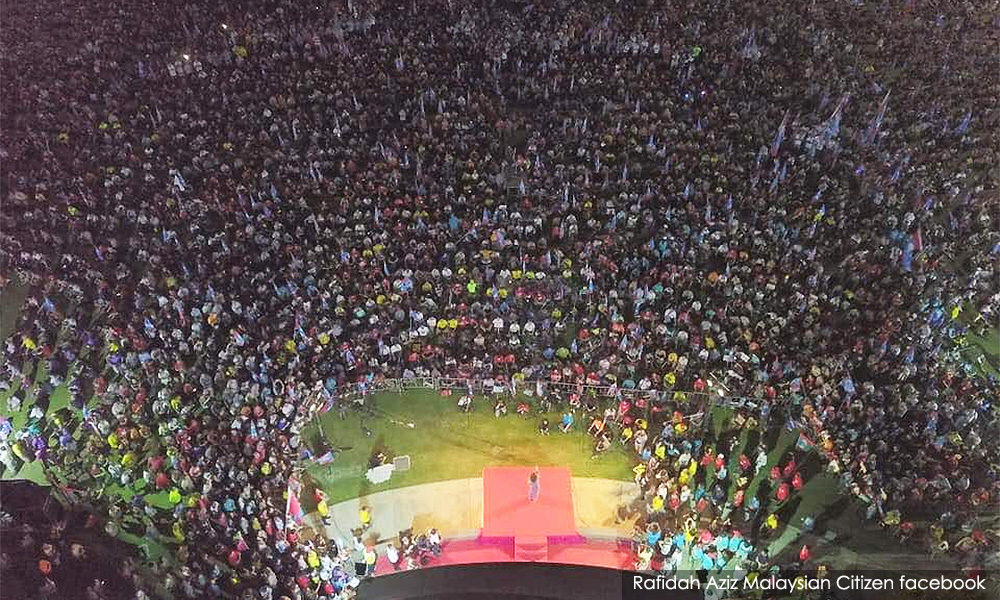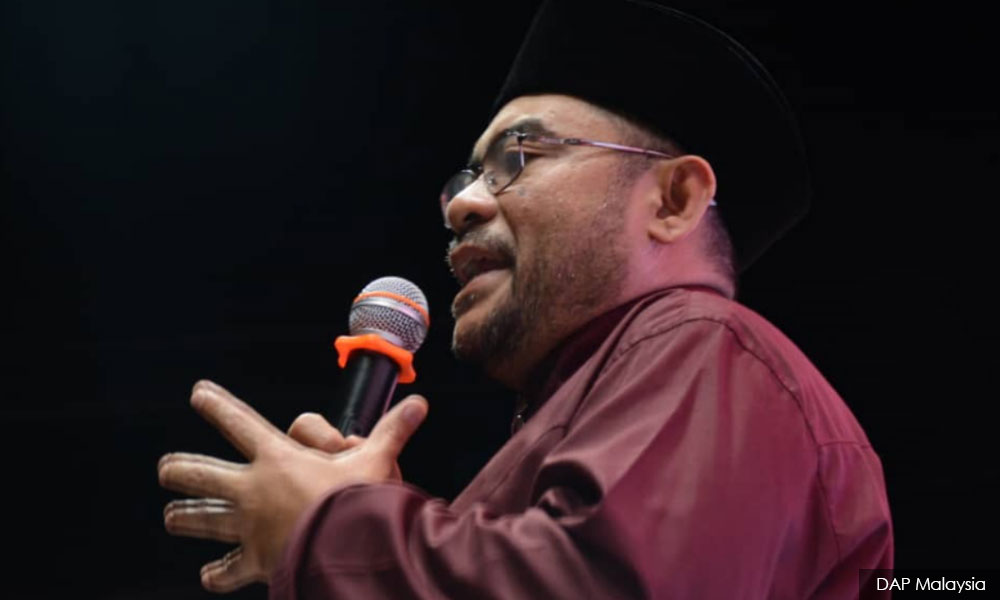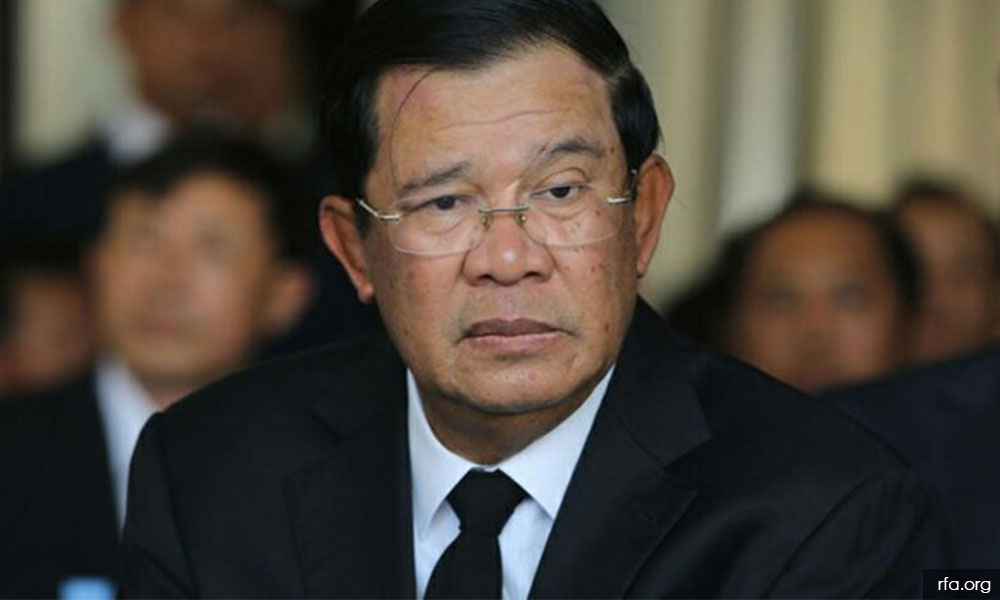
One of the promises that were put together by Pakatan Harapan in its election manifesto was to move forward with the reform agenda. It uplifted the spirit that Malaysians carried along to the polling stations on 9th May, until the change of government in Malaysia was no longer a myth.
In the Buku Harapan, the five main pillars in Harapan’s reform agenda are to reduce living costs, institutional reforms, exciting economic growth, returning the power to Sabah and Sarawak, and building an inclusive and moderate Malaysia.
What ended Umno-BN rule was also the boldness to change – as the majority of Malaysians have expressed. The feeling of taking the first step for change was an unpleasant one. Imagine breaking your daily routine or waking up in the morning from a long sleep. Like it or not, one still has to do it knowing that routine and oversleeping are fatal.
The objective that Malaysians had in mind on the momentous day was none other than to install a new government for the country. Indeed, we risked our future without having a clear sense of what life without Barisan Nasional in Putrajaya would be like.
Now the people have seized back the power that has been misused for decades. The question now is whether or not we still have the courage to move forward with the reform agenda. Have we lost the momentum and is political change in the new Malaysia postponed?
Fear of losing power
Despite some administrative reforms that Harapan has put in place after taking over Putrajaya, and the fact that the coalition will be celebrating its one-year anniversary as a government in less than two weeks, the perception of it being a weak and directionless regime is widespread.
Let’s be fair with our judgment towards the performance of this nearly one-year-old cabinet. Obstacles and hiccups are inevitable in the period of transition for any new government, especially those who have never before tasted the full grip on power.
Now, judging from the brouhaha and reversals on the ratification of the Rome Statute and the International Convention on the Elimination of All Forms of Racial Discrimination (ICERD), Harapan is left in a rather rough situation.

Not to mention the unwelcome move by the Minister in the Prime Minister’s Department for Religious Affairs Mujahid Yusof Rawa (above) to probe a forum involving several Muslim women discussing their decision to stop wearing the headscarf.
What is restraining us from remaining focused on the course then? Perhaps, we should look at the way we embrace politics itself. Are we afraid of losing power? For a long time, we have been living in a political culture where losing power and position are considered as shame. Malays would term this particular social condition as malu.
In such a state, politics – the activity commonly associated with governance – is perceived as the activities aimed at improving someone’s status or power within a society. That is to say, it has become the venue to build one’s own empire. Politics has become a career that could secure one’s name, so that his or her 'name' or reputation would be remembered and respected. We use whatever means to make sure that power remains in the hands, and to conceal the embarrassment (menutup malu) of losing power.
The quest to remain seated on the throne is nothing new in Southeast Asia’s politics. In Cambodia for instance, the prime minister Hun Sen (below) seems not to be bothered by the accusation of nepotism and defended the promotion of his son to a senior government post. More irritatingly, he ordered all Cambodians to refer him as “Glorious Supreme Prime Minister and Powerful Commander”.

While in Malaysia, on and off “marriage” between rival political parties and political reconciliation between political leaders are common strategies for political survival. One time denounced as a dictator prime minister, Mahathir has re-emerged as a less confrontatonal leader, but on the flip side, allowing his critics to dub his government as rather weak.
The fear of losing power and support from the electorates remain a challenge that could delay the government’s reform agenda and influence policy planning. Apart from the politics of malu and taking care of one’s own name, it is the politics of menjaga hati that has become part of the political consideration.
Politics is not, or should not be, just about power and winning votes. More important than that, it is also about getting things done and improving the life of citizens. Responding to what people want makes Harapan a good government. However, to be a strong government, Harapan must dare to go beyond that.
Shape public opinion, not just follow it
The question of when political leaders should yield to public opinion and when they should lead the opinion must now be a matter of concern for Pakatan Harapan.
Ideally speaking, politicians are the representatives of the people, therefore their actions should reflect the ambitions of the people.
But in realpolitik terms, it goes both ways. Harapan’s reform agenda – planted since the Reformasi 1998 – deals with the readiness and bravery of its political operatives in shaping public opinions. Thus, we voted our representatives because we would like to see political leaders in Pakatan Harapan who are able to shape opinions and convince the people of the kind of society they would want to see in the future.
Shaping public opinion means making the people buy certain ideas and perspectives, and in this particular case, why the society and the way we do politics need to be reformed. A democracy that is mature would encourage public forums and political debates from which the people make their reasoned decisions.
But then again, one needs courage to introduce radical changes and move forward with a reform agenda. That being said, this can only come about if losing power is no longer a big deal to our politicians.
In democracy, there is always that possibility of losing in an election. Therefore, take this as a once in a life time chance and implement anything that you think will benefit the citizens and the country. If you were to lose, why not lose while trying to change something, instead of making many U-turns in your decisions.
I would like to think that Malaysia Baharu is the window through which we could discard our fear, the venue for more independent thinking and the starting point for us to make a difference.
IZZUDDIN RAMLI is an analyst at Penang Institute. - Mkini


No comments:
Post a Comment
Note: Only a member of this blog may post a comment.